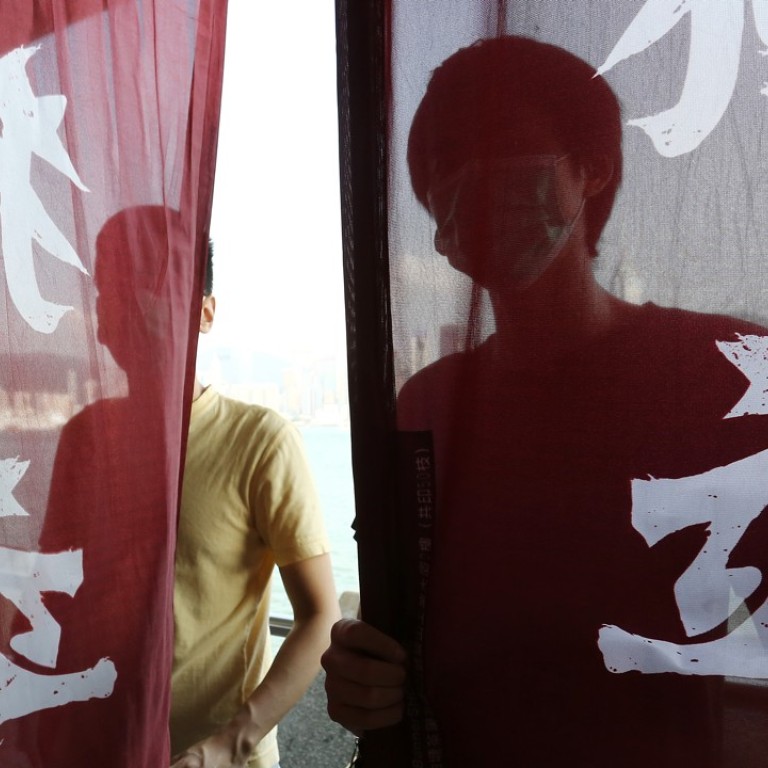
Basic Law must allay any uncertainty over Hong Kong National Party ban
There was never any doubt that the government would eventually forbid the separatist faction; what matters now is that the outcome is fully justified by local laws and in line with the principle of ‘one country, two systems’
Ever since the Societies Ordinance was invoked against the Hong Kong National Party two months ago, there was never any doubt that the government would eventually ban the separatist faction. What matters is that the outcome is fully justified by local laws and in line with the principle of “one country, two systems”. The message is clear. The advocacy of the city breaking away from China will not be tolerated. The police and Secretary for Security John Lee Ka-chiu have so far followed the steps laid down in the law. The party was first given a detailed document on why it would be outlawed and was given 21 days to explain itself. The deadline was extended three times upon request. Party convenor Andy Chan Ho-tin may still lodge an appeal to the Executive Council, the chief executive’s cabinet, followed by a legal challenge in the courts if he chooses to do so.
Although the party may not seem like a major threat to national security at this stage, officials understandably have to take action now lest the shock waves become even bigger. There are those who still think what Chan and his group do are within the limits of freedom of expression, but the government clearly thinks otherwise. Trying to register itself as a party, running in public elections and reaching out to schools were concrete actions rather than political slogans, Lee said. Although he agreed the group had not resorted to violence, it had not ruled out any means, including armed revolution.
With Beijing becoming increasingly assertive of its sovereignty over the city, the outcome is to be expected. Politically, the independence movement has no future in Hong Kong. Whoever tries to advance such an agenda will only fuel tension and hurt the city’s relationship with the mainland. The ban, which is effective immediately, also prohibits association with the party by serving it, taking part in its gatherings and providing financial help. Those convicted face fines and jail terms of up to three years. The minister said the ban was not a crackdown on freedoms, but was to “safeguard national security, public safety, public order and the protection of the rights and freedoms of others”.
The legality of the ban may well be a matter for the courts to ultimately decide. There are implications for freedom of expression and association. Politicians have become more cautious about what they say in relation to the case. Questions have also been raised as to whether people can continue to share party information on social media. Is private discussion of such issues still allowed? Will self-determination become the next target?
The case has become a test of one country, two systems. It is important that any uncertainties and disputes are handled in accordance with the Basic Law and local legislation.

